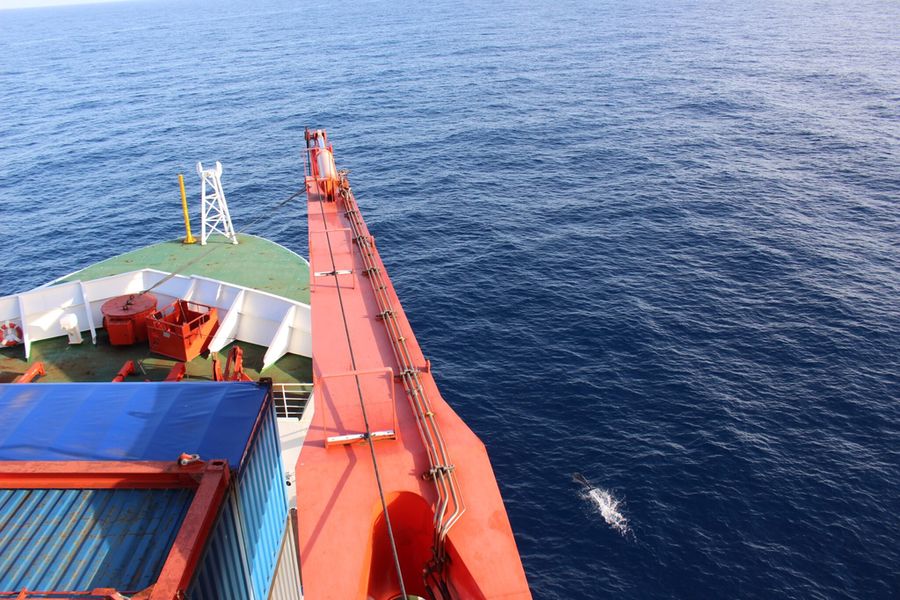Plocan is in charge of developing a Virtual Research Environment that collects and allows external users to access to the progress and to the results of the project.
In response to serious global concerns about the declining health of our oceans, the €8.96 million Horizon 2020 funded SATURN project, due to start in 2021, represents a significant EU investment that directly supports attainment of targets for a cleaner, quieter maritime sector.
PLOCAN’S Virtual Research Environment will consist in a resource hub for researchers (bio-acousticians, biologists, marine R&D engineers, etc.) to access SATURN results in an interactive way.
It will include an advanced housing of technical and analytical tools for processing, analysis and visualisation of underwater noise from ships and boats produced by SATURN technical activities, according to Plocan.
The environment will allow on-line collaborative experimentation with tools for acoustic signal processing and acoustic metrics relevant to the impact of underwater shipping noise on aquatic life.
The environment will be deployed and hosted by Plocan and connected to the European Research Infrastructure GEANT network to facilitate the sustainability of SATURN results beyond the project lifetime.
The project, which is led by MaREI, Science Foundation Ireland’s Research Centre for Energy, Climate and Marine and hosted by University College Cork, involves a large consortium of EU participants which includes 20 project partners from 10 European countries.
SATURN benefits from a uniquely integrated and interdisciplinary approach with acousticians, marine biologists, maritime engineers and standards bodies working side-by-side and in tandem with a large well-structured group of international stakeholders to create and test innovative solutions for reducing the most harmful effects of underwater noise.
Gerry Sutton, Project lead and MaREI Research Fellow, said: “It is an absolute privilege to be leading such a talented and committed group of scientists and engineers. Everyone put 100% into the proposal, finding common ground by bridging traditional boundaries between their respective disciplines. This means we are now all very much looking forward to the new year when will jointly embark on our exciting four-year work programme”.
SATURN will be working towards uncovering the physical mechanisms of underwater noise production, methods for how the noise signature of individual ships can be assessed cost effectively, understanding how marine mammals, fish and invertebrates respond to various sound various levels and frequencies they receive, and real-life case studies to test the effectiveness of technical and operational efforts in reducing shipping noise through smart regional management policies.
Source: Offshore Energy






